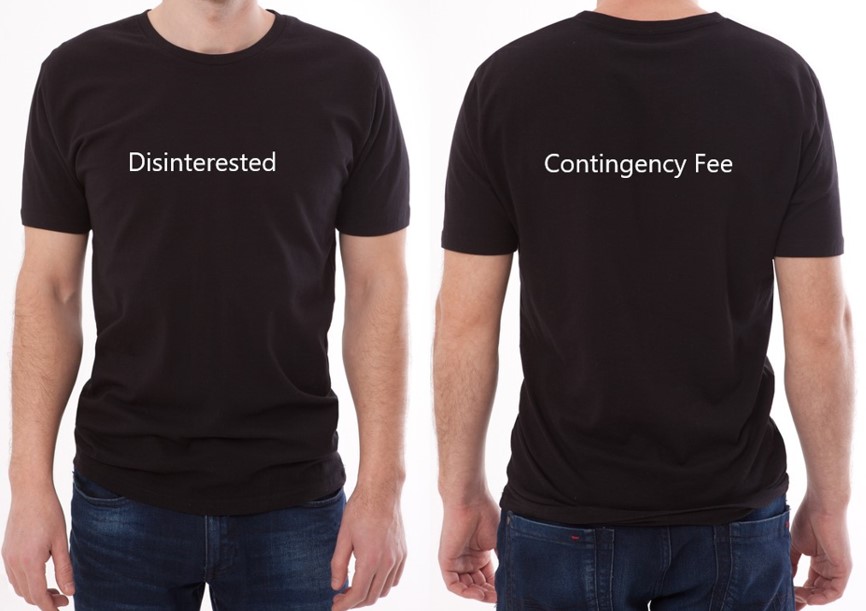Insurance is a heavily regulated industry and everyone who reads our daily blog knows that insurance rules and regulations vary by state and fall under each individual state’s jurisdiction. Hawai’i is no different and in a state whose insurance laws are still evolving, it is interesting to see that when it comes to appraisal in the property insurance sector, Hawai’i does not have its own set of rules on appraisal. Although appraisal is definitely not an arbitration process, in Hawai’i, the rules of arbitration apply.
In many states, appraisal is very informal and does not take on the form of a truncated trial like arbitration. Typically, appraisal occurs in California property insurance claims when there is a disagreement on the amount in controversy of the worth of a claim and not in the scope of a claim. In California, once an appraisal aware is reached, each side may choose to perfect the award by filing the appropriate documents in court to convert the award into a judgment.
In Hawai’i, the appraisal award is treated just like a binding arbitration award and a party can move to vacate the award only on the grounds provided under HRS section 658A-23. The grounds are similar to those in other jurisdictions — if the award was the product of corruption or fraud, there was partiality or an abuse of power by the arbitrator, the arbitrator refused to consider material evidence, etc.
The leading case on appraisal in Hawai’i as it pertains to property insurance claims is Christiansen v. First Insurance Company of Hawaii.1 Although overturned on appeal, in Christiansen, the Defendant, “First Insurance also argues that because the appraisal process was ongoing at the time the Christiansen’s filed their amended complaint, the circuit court properly dismissed the bad faith action. First Insurance asserts that because an appraisal process is as binding as is arbitration, the ongoing appraisal process barred the Christiansen’s from filing an action for bad faith pursuant to the strictures of HRS chapter 658 (governing arbitrations and awards). The appellate court disagreed and felt that a bad faith case could not be dismissed and that bad faith allegations against an insurer could still be heard. Therefore, the important thing to understand from Christiansen is that if the parties agree to appraisal, and an action is pending or filed, then the action must be stayed until completing the appraisal, and an insured’s bad faith claim is not referable to appraisal or arbitration so an insured does not waive a bad faith claim by participating in appraisal.
1 Christiansen v. First Ins. Co. of Hawaii, Ltd., 88 Haw. 442, 967 P.2d 639 (Ct. App. 1998).




